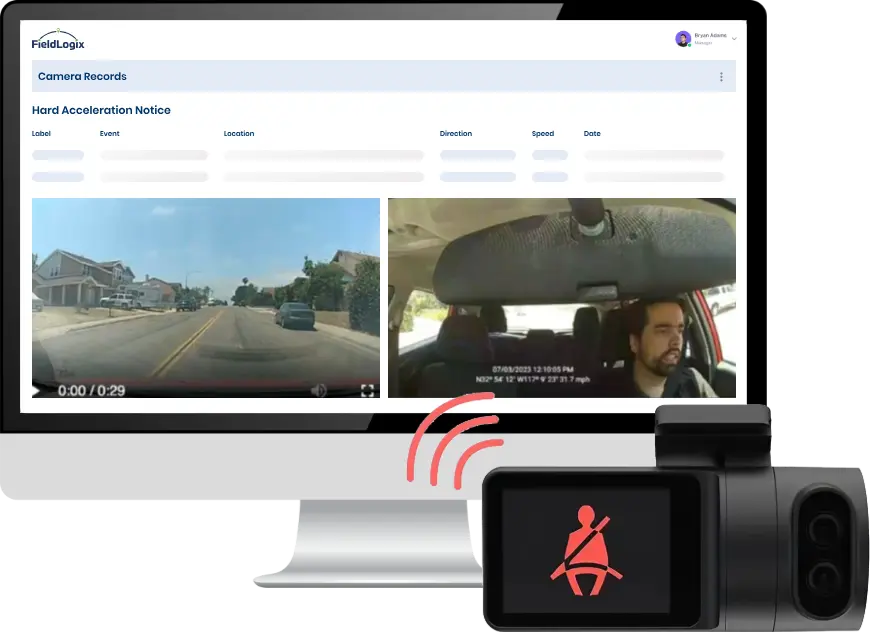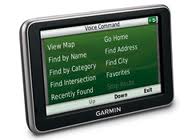New Devices Help Seniors Remain Independent In Their Own Homes
Most seniors want to remain in their own homes for as long as they can, even when they are sick and need consistent daily health care. There are several new devices on the market that can help to keep seniors independent and safe.
1) There are several new GPS system devices, based on the same GPS technology in cars, that can help locate someone with dementia who’s wandered from home.
2) A new GPS tracking system has been designed specifically for this purpose – to assist the elderly and notify caretakers when something is wrong.
How The GPS Tracking System for Seniors Works:
Sensors in the home are set up and used to track a person’s movement, from the front ,to the medicine cabinet, to the refrigerator, to the stove., and so forth. The sensors are linked with computers that can issue alerts when people deviate from their usual routine. The GPS tracking system for Seniors can help to give family members peace of mind, knowing that grandpa has something watching over him 24/7.












